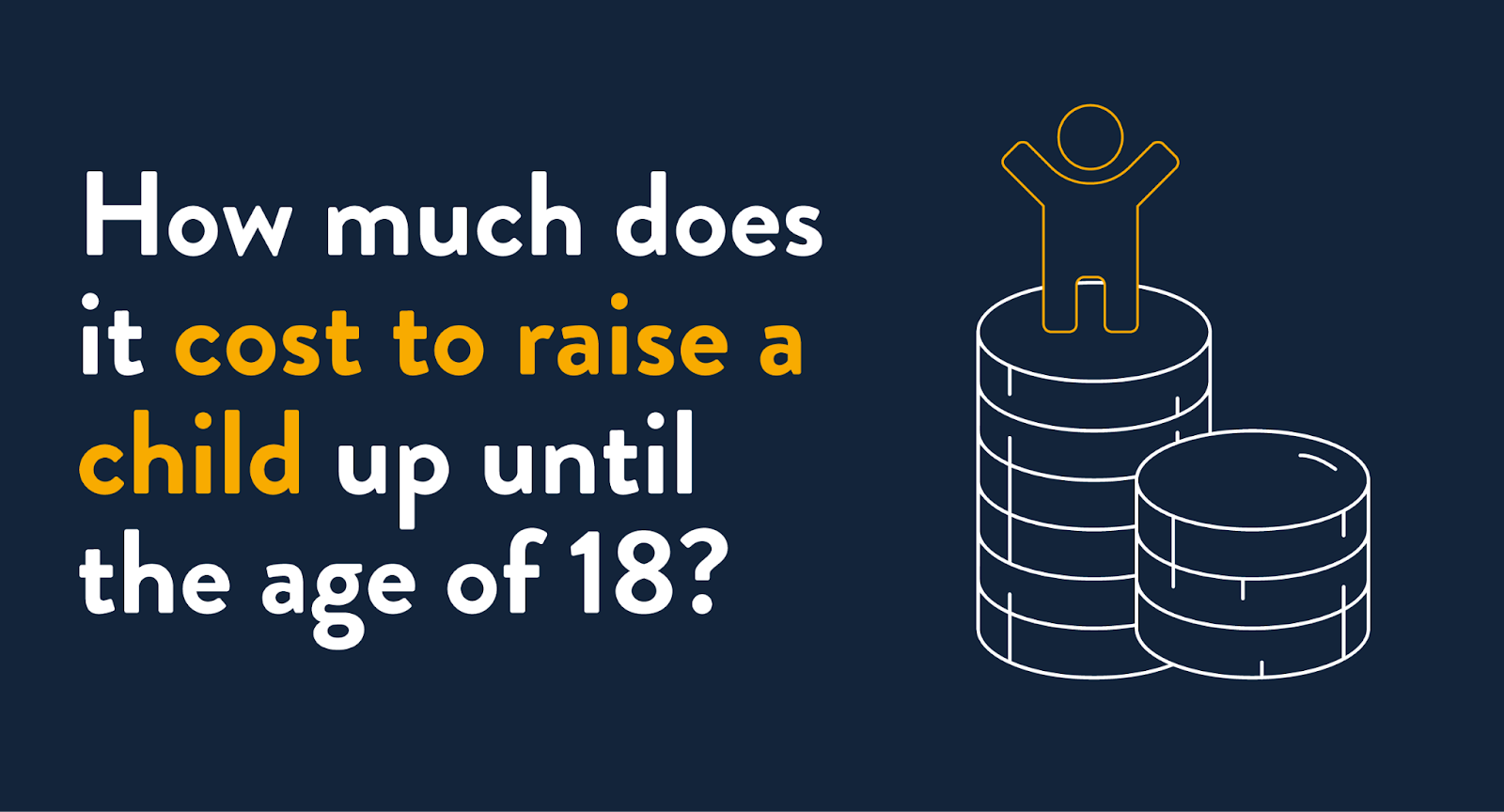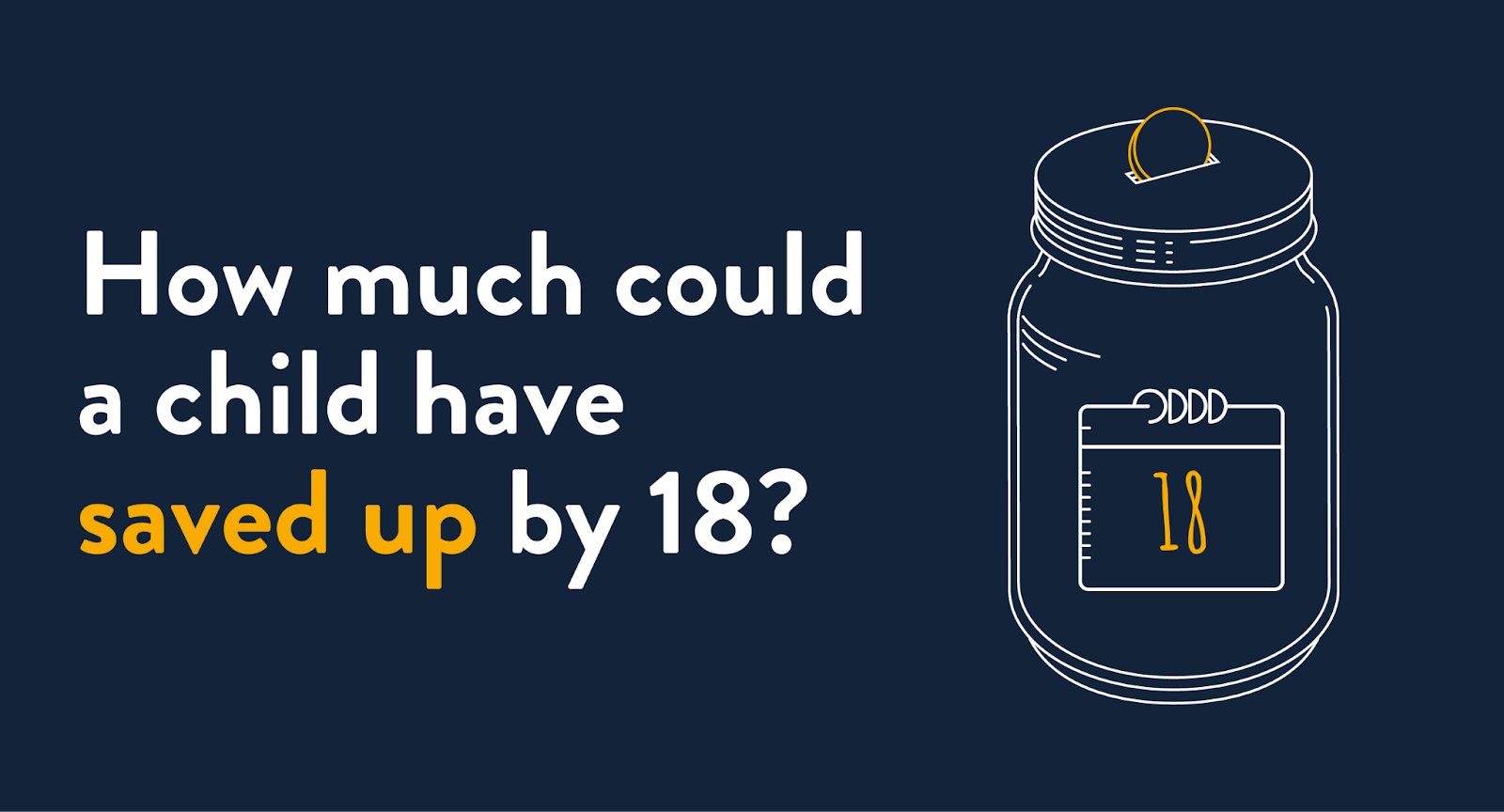
The new pension changes being introduced this April means that there will be lots of information shared about what options may be best for you when it comes to deciding for your future. We have put together a jargon buster some of the most commonly used words and terms, to help you better understand all the options open to you.
- Annuity– an annuity is a form of investment or insurance which entitles the investor to a fixed sum of money each year, typically until the end of their life.
- Annuity rates– annuity rates determine the level of income a person will receive each year from their annuity. Annuity rates fluctuate but once a person purchases their annuity, the rate is fixed.
- Automatic Enrolment– Automatic enrolment is a scheme set up by the Government to encourage people to save more money for when they retire. It means that from 2018 all employers must automatically enrol all eligible employees into a qualifying pension scheme and contribute to their plan.
- Contributions– A payment into your pension plan, made either by you and/or any of your employers. You can pay regular contributions and also make lump sum payments.
- Defined Benefit– These are also known as ‘final salary’ or ‘salary-related’ pensions. They promise to give you a certain amount each year when you retire. How much you get doesn’t depend on investments. The amount you’ll get depends on your salary and on how long you’ve worked for your employer
- Defined Contribution– With a defined contribution pension scheme, the money you put in your pension is invested by a pension provider chosen by your employer. The amount of money you receive when you retire depends on how much money you have paid into your pension, how long you have been paying in and how well the investment has done.
- Income Drawdown-Income drawdown can be a more flexible option than an annuity, for those who are comfortable with the risks. The fund remains invested and you stay in control, but crucially income is not secure.You can usually take up to 25% of each amount you move into income drawdown as a tax-free lump sum. You then keep the remainder invested in the income drawdown plan, drawing taxable income directly from the fund.
- State Pension– The state pension is a regular payment paid by the government to UK residents once they reach retirement age. To get it you must have paid or been credited with National Insurance contributions.
- Pension fund– A pension fund is a pot of money that you build up in your pension plan from payments you and your employer make to it throughout your working life. It is used to provide you with income when you retire.
- Pension provider– This is a company which runs a pension scheme
We hope this jargon buster helped you understand pension terminology better. Pensions are a vastly complicated subject, and we have only covered the very basics here. If you are approaching retirement age and feel you are not pension ready you may want to visit the governments Pension Wise website, or seek regulated advice from your financial adviser. If you do not have a financial adviser, you can give us a call on 0800 526 249.


